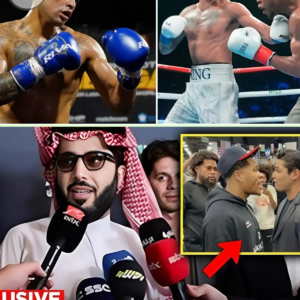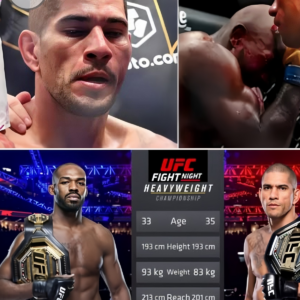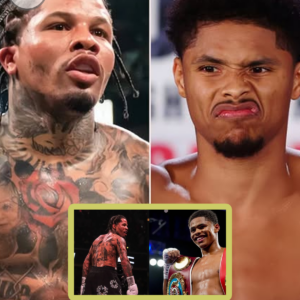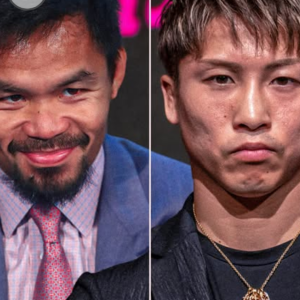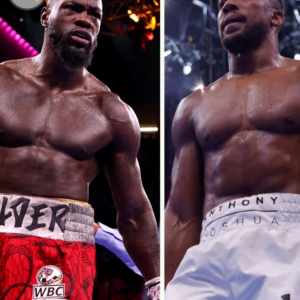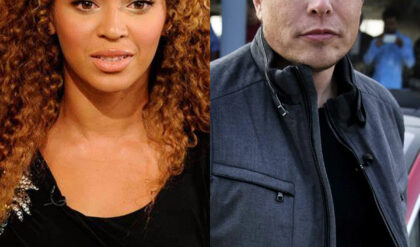People believe Jay-Z and Diddy are only being targeted because they’re successful wealthy black men.

The recent scrutiny and legal challenges involving Jay-Z and Sean “Diddy” Combs have sparked widespread debate and controversy, with many arguing that these high-profile cases are reflective of a broader societal issue—the targeting of successful, wealthy Black men. Both figures have achieved extraordinary success in their respective industries, transcending music to become moguls in business, philanthropy, and culture. Yet, their prominence has not shielded them from public and legal scrutiny, leading to speculation that their race and status as Black men may play a significant role in their treatment.
Background on Jay-Z and Diddy’s Influence
Jay-Z, born Shawn Carter, is not only a globally recognized rapper but also a businessman with ventures spanning music, fashion, sports management, and more. He has a net worth exceeding $2 billion, according to Forbes, and is celebrated for his ability to leverage his influence into diverse sectors, including his ownership stake in Tidal and investments in companies like Uber. Similarly, Diddy, born Sean Combs, has built an empire encompassing music production, fashion (with his Sean John brand), and spirits (notably Câroc vodka). His estimated net worth of $1 billion underscores his success as a cultural and business icon.
These men have also been vocal advocates for social justice and Black empowerment, often using their platforms to address systemic inequality. Jay-Z, for instance, has supported criminal justice reform and education initiatives, while Diddy has launched programs aimed at uplifting Black entrepreneurs and communities. Their prominence as symbols of Black excellence makes the current controversies surrounding them particularly polarizing.
Recent Allegations and Legal Challenges
Both Jay-Z and Diddy have faced legal and public relations challenges recently, ranging from allegations of misconduct to broader criticisms of their business practices. In Diddy’s case, a former partner filed a lawsuit alleging abuse, which he has vehemently denied. Jay-Z, while not facing criminal charges, has also been the subject of lawsuits and business disputes that have drawn significant media attention.
While legal issues are not uncommon among public figures, some commentators and community leaders argue that the intensity of the scrutiny directed at Jay-Z and Diddy feels disproportionate. They point out that their achievements—despite being groundbreaking—may have made them targets for those uncomfortable with their success and influence.
The Racial Dynamics at Play
The perception that Jay-Z and Diddy are being targeted because they are successful Black men is rooted in a historical context of systemic racism and societal bias. Throughout history, prominent Black figures in America have often faced heightened scrutiny, whether in politics, sports, or entertainment. The idea that success comes with added surveillance and critique is a recurring theme in discussions about race and inequality.
This scrutiny can manifest in various ways, including media portrayals, legal challenges, and public sentiment. Critics argue that society often holds Black individuals to a different standard, expecting perfection while being quick to vilify any perceived misstep. This double standard contributes to the broader narrative that wealthy and successful Black men like Jay-Z and Diddy are unfairly targeted.
Broader Implications for Society
The controversies surrounding Jay-Z and Diddy raise larger questions about the treatment of Black men in positions of power and influence. If these two figures, who have reached the pinnacle of success, are not immune to such challenges, what does that say about the systemic barriers facing other Black individuals?
Furthermore, these cases highlight the role of the media in shaping public perceptions. Sensational headlines and unverified allegations can amplify negative stereotypes, influencing how the public perceives Black leaders. This underscores the importance of responsible journalism and the need to critically evaluate narratives before forming opinions.

Community Reactions and Support
The response from the Black community and other allies has been largely supportive, with many viewing the scrutiny of Jay-Z and Diddy as emblematic of broader societal issues. Social media platforms have become spaces for dialogue, with hashtags and campaigns aimed at defending their legacies and questioning the motivations behind the allegations.
High-profile supporters, including other entertainers, activists, and public figures, have spoken out, emphasizing the importance of due process and resisting the rush to judgment. Their advocacy reflects a broader commitment to protecting and uplifting Black excellence in the face of adversity.
Moving Forward
The cases involving Jay-Z and Diddy serve as a reminder of the challenges that come with breaking barriers and achieving success as a Black individual in America. They also underscore the importance of addressing systemic biases that contribute to unequal treatment and perceptions.
For society to move forward, it is crucial to engage in open and honest conversations about race, power, and privilege. This includes challenging stereotypes, promoting equity, and ensuring that all individuals—regardless of their background—are treated fairly. Jay-Z and Diddy’s stories are not just about two men; they are a reflection of a larger struggle for justice and equality that continues to shape the American experience.
In conclusion, while the specific outcomes of the allegations against Jay-Z and Diddy remain uncertain, the broader conversation they have sparked is undeniably important. Their resilience and continued commitment to excellence serve as an inspiration, reminding us of the power of perseverance in the face of adversity. As the world watches these stories unfold, one thing is clear: the legacy of these two cultural icons extends far beyond their legal battles, reflecting the enduring impact of Black excellence on society.
News
Turki Alalshikh Confirms $600 Million Rematch Between Ryan Garcia and Devin Haney.
Turki Alalshikh Confirms $600 Million Rematch Between Ryan Garcia and Devin Haney. The boxing world is electrified as Turki Alalshikh, the Saudi Arabian sports mogul, has officially confirmed a blockbuster rematch between Ryan Garcia and Devin Haney. With a staggering…
Breakings: Alex Pereira to Expose Jon Jones? Shocking 2025 Super Fight Rumors Explode!
Breakings: Alex Pereira to Expose Jon Jones? Shocking 2025 Super Fight Rumors Explode! Let’s dive into the wild speculation, the brewing tension, and the jaw-dropping secrets that might redefine both fighters’ legacies. The Cryptic Clues – Is Pereira Hinting at…
WWE Star Stuns Fans with Bold Plan Involving Liv Morgan for 2025
WWE Star Stuns Fans with Bold Plan Involving Liv Morgan for 2025 The WWE Universe is buzzing with speculation after a prominent name declared their desire to team up with Liv Morgan to capture the tag team titles in 2025. The…
Shakur Stevenson is willing to take less to make fight with Tank Davis a reality
Shakur Stevenson is willing to take less to make fight with Tank Davis a reality In a bold move that has sent shockwaves through the boxing world, Shakur Stevenson, one of the brightest young stars in the sport, has made…
Breakings: Bob Arum says Naoya Inoue’s career is more legendary than Manny Pacquiao’s
Breakings: Bob Arum says Naoya Inoue’s career is more legendary than Manny Pacquiao’s In a bold statement that has sparked considerable discussion in the boxing world, legendary promoter Bob Arum has declared that Naoya Inoue’s career is more legendary than…
Eddie Hearn has confirmed that Anthony Joshua is considering fighting Deontay Wilder next.
Eddie Hearn has confirmed that Anthony Joshua is considering fighting Deontay Wilder next. In a bold and highly anticipated move, boxing promoter Eddie Hearn has confirmed that former world champion Anthony Joshua is seriously considering a bout with former WBC…
End of content
No more pages to load
